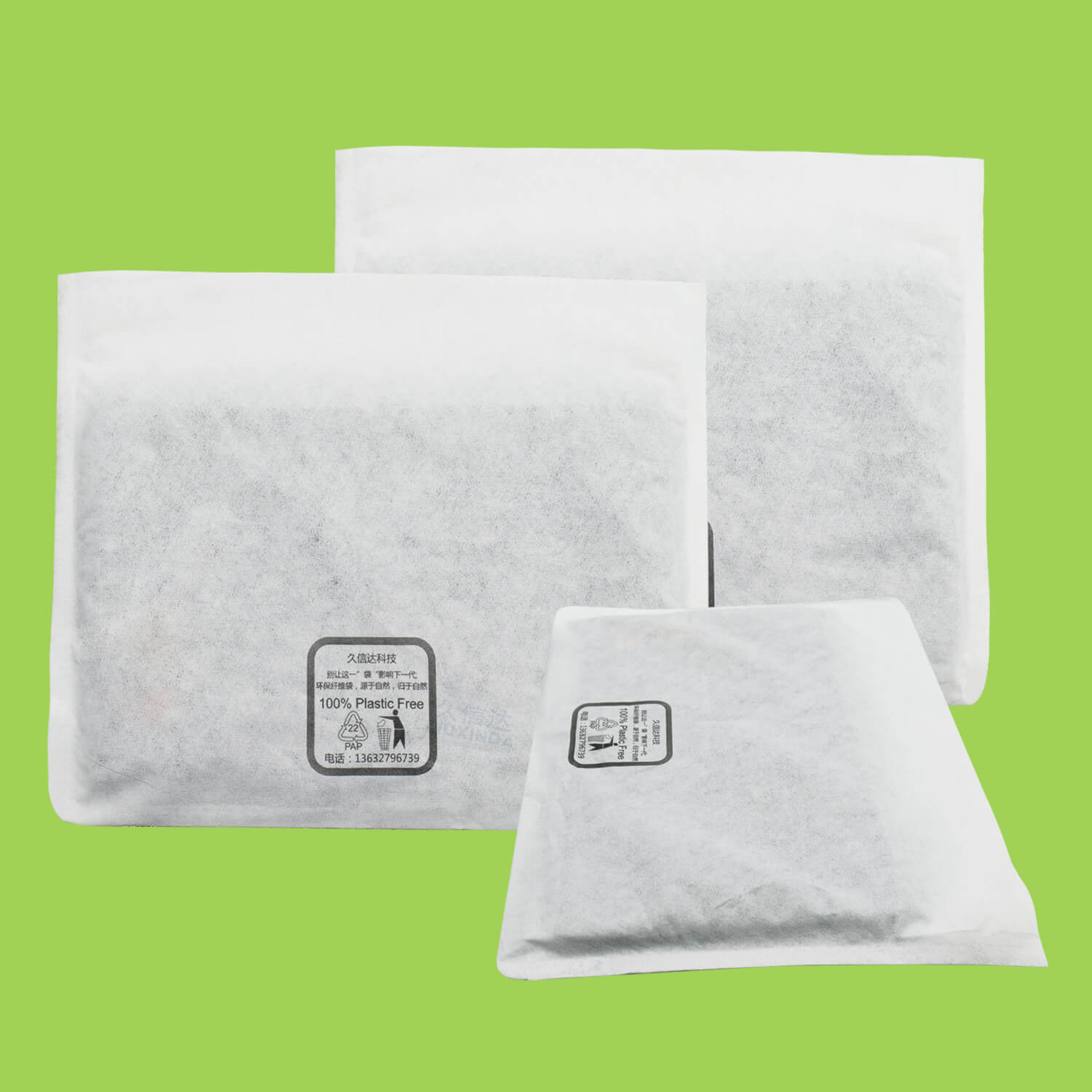Non-woven bags have gained popularity in recent years as an eco-friendly alternative to traditional plastic bags. However, their environmental impact often raises questions, particularly about whether they are biodegradable. This article explores the characteristics of non-woven bags, their biodegradability, and their role in sustainable living.
Contents
- 1 What Are Non-Woven Bags?
- 2 Materials Used in Non-Woven Bags
- 3 Are Non-Woven Bags Biodegradable?
- 4 How Do Non-Biodegradable Non-Woven Bags Impact the Environment?
- 5 Can Non-Woven Bags Be Recycled?
- 6 Benefits of Non-Woven Bags Over Plastic Bags
- 7 How to Choose Environmentally Friendly Non-Woven Bags
- 8 Promoting Sustainable Practices
- 9 Conclusion
- 10 FAQs
- 10.1 1.What makes non-woven bags eco-friendly?
- 10.2 2.Can all non-woven bags be recycled?
- 10.3 3.Are there biodegradable non-woven bag options?
- 10.4 4.How long does it take for a polypropylene bag to decompose?
- 10.5 5.Are non-woven bags better than plastic bags?
- 10.6 6.How can I ensure my non-woven bag choice is sustainable?
What Are Non-Woven Bags?
Non-woven bags are made from polypropylene (PP) or other synthetic and natural fibers bonded together through chemical, mechanical, or thermal processes. Unlike woven fabrics, non-woven materials are not interlaced, giving them a smoother finish and greater flexibility.
Common Uses of Non-Woven Bags
- Grocery shopping
- Promotional packaging
- Reusable tote bags
Materials Used in Non-Woven Bags
The composition of non-woven bags determines their biodegradability:
- Polypropylene (PP): A synthetic polymer, widely used in non-woven bags, is durable but not naturally biodegradable.
- Natural Fibers: Some non-woven bags use biodegradable fibers like jute or cotton, which decompose over time.

Are Non-Woven Bags Biodegradable?
The answer depends on the materials used:
- Non-Biodegradable Options:Bags made primarily of polypropylene are not biodegradable. They can take decades or even centuries to break down in landfills, contributing to environmental pollution.
- Biodegradable Alternatives: Non-woven bags made from natural fibers like jute or bamboo are biodegradable. They decompose much faster, leaving little to no environmental footprint.
How Do Non-Biodegradable Non-Woven Bags Impact the Environment?
Non-biodegradable non-woven bags pose similar challenges to single-use plastics:
- Landfill Accumulation: Without proper recycling, they contribute to overflowing landfills.
- Microplastics: When exposed to sunlight and weathering, polypropylene bags can break into microplastics, contaminating soil and water.
- Energy-Intensive Production: The manufacturing process of synthetic non-woven bags consumes fossil fuels and emits greenhouse gases.
Can Non-Woven Bags Be Recycled?
Yes, non-woven polypropylene bags can be recycled, though the process requires specialized facilities. Proper recycling ensures these bags can be repurposed, reducing their environmental impact.
Benefits of Non-Woven Bags Over Plastic Bags
Despite concerns about biodegradability, non-woven bags offer notable advantages:
- Reusability: They can be reused multiple times, significantly reducing waste.
- Durability:Non-woven bags are sturdy and long-lasting, making them a practical choice for everyday use.
- Lower Carbon Footprint: Over their lifespan, they require fewer replacements compared to single-use plastic bags.
How to Choose Environmentally Friendly Non-Woven Bags
To minimize environmental harm, consider these tips:
- Opt for Biodegradable Materials: Look for non-woven bags made of natural fibers like cotton or jute.
- Support Sustainable Brands: Choose manufacturers who prioritize eco-friendly production processes.
- Reuse Whenever Possible: Maximize the lifespan of your non-woven bags before disposal.
Promoting Sustainable Practices
Non-woven bags can support sustainable living when used responsibly:
- Educate Consumers: Awareness campaigns about proper disposal and recycling methods can prevent environmental harm.
- Encourage Alternatives: Introduce compostable bags and products to phase out reliance on synthetic non-woven options.
Conclusion
While non-woven bags can be a step toward reducing plastic waste, their biodegradability depends on the materials used. Polypropylene-based bags are not biodegradable, but those made from natural fibers are an eco-friendly choice. To maximize the benefits of non-woven bags, consumers should prioritize reusable, recyclable, and biodegradable options.
By making informed decisions, we can collectively reduce waste and move toward a more sustainable future.
FAQs
1.What makes non-woven bags eco-friendly?
Non-woven bags are reusable and durable, reducing the demand for single-use plastics.
2.Can all non-woven bags be recycled?
Most polypropylene non-woven bags are recyclable, but the process requires specialized facilities.
3.Are there biodegradable non-woven bag options?
Yes, non-woven bags made from natural fibers like jute or bamboo are biodegradable.
4.How long does it take for a polypropylene bag to decompose?
Polypropylene bags can take hundreds of years to break down in a landfill.
5.Are non-woven bags better than plastic bags?
Yes, due to their reusability, durability, and lower overall environmental impact.
6.How can I ensure my non-woven bag choice is sustainable?
Choose bags made from biodegradable materials and reuse them frequently.

